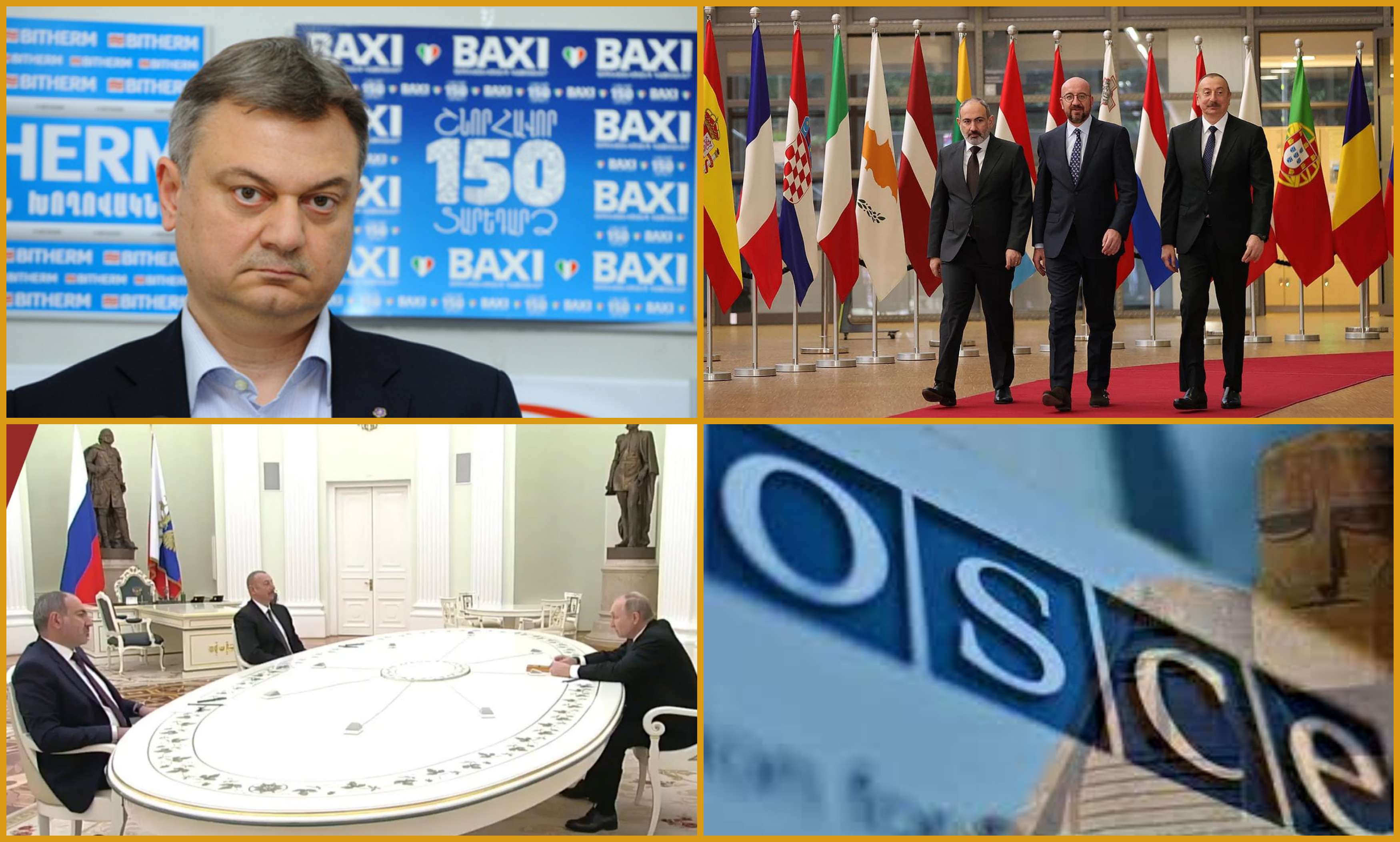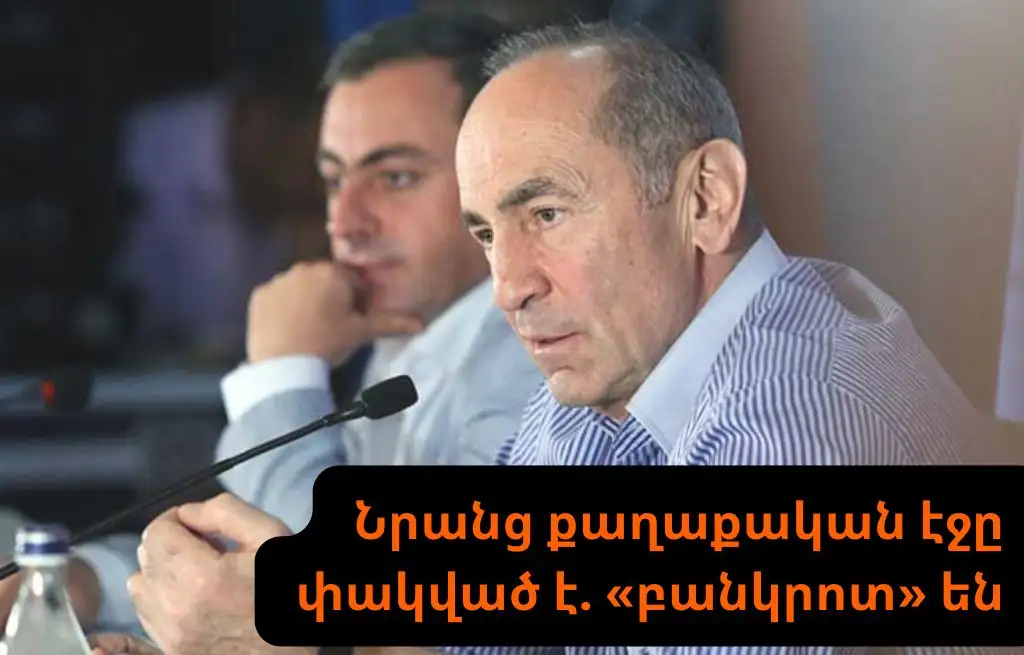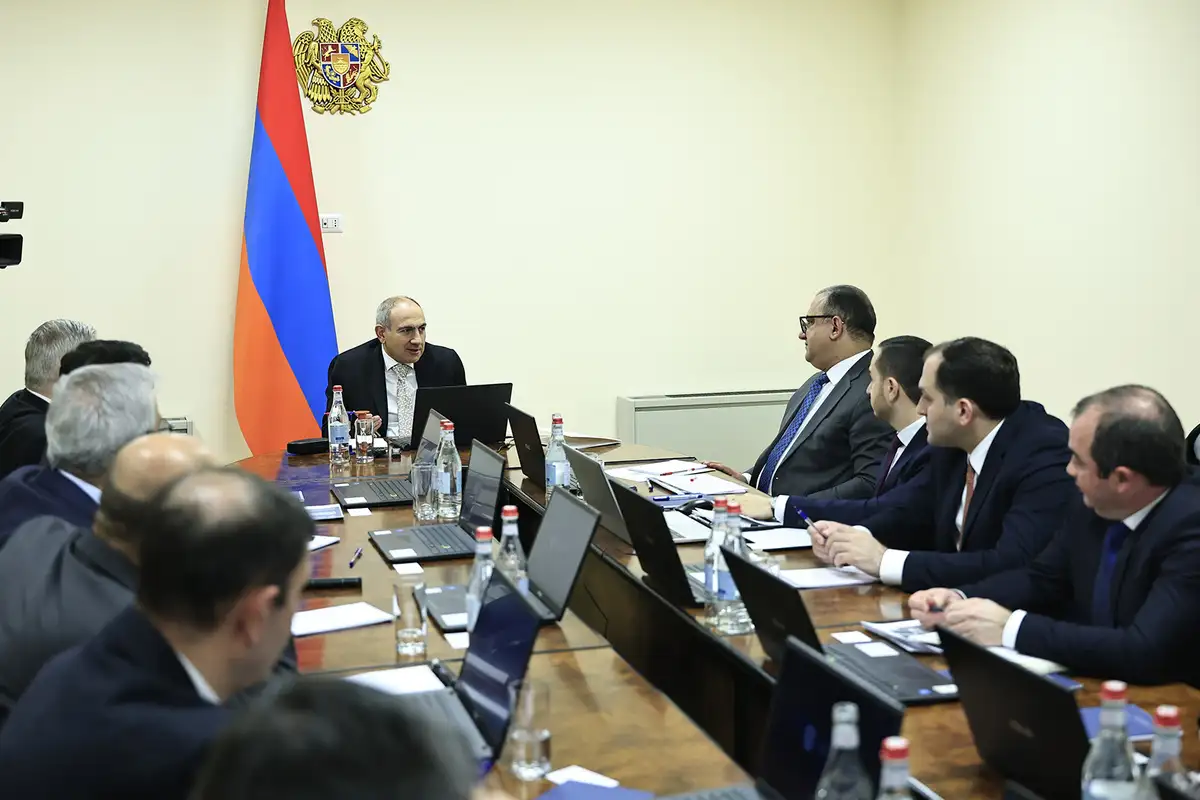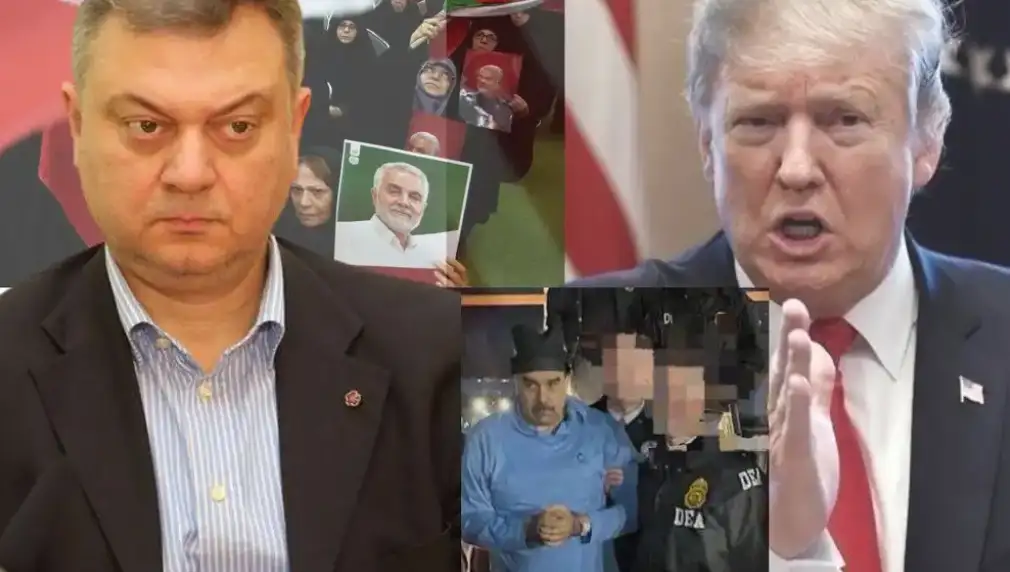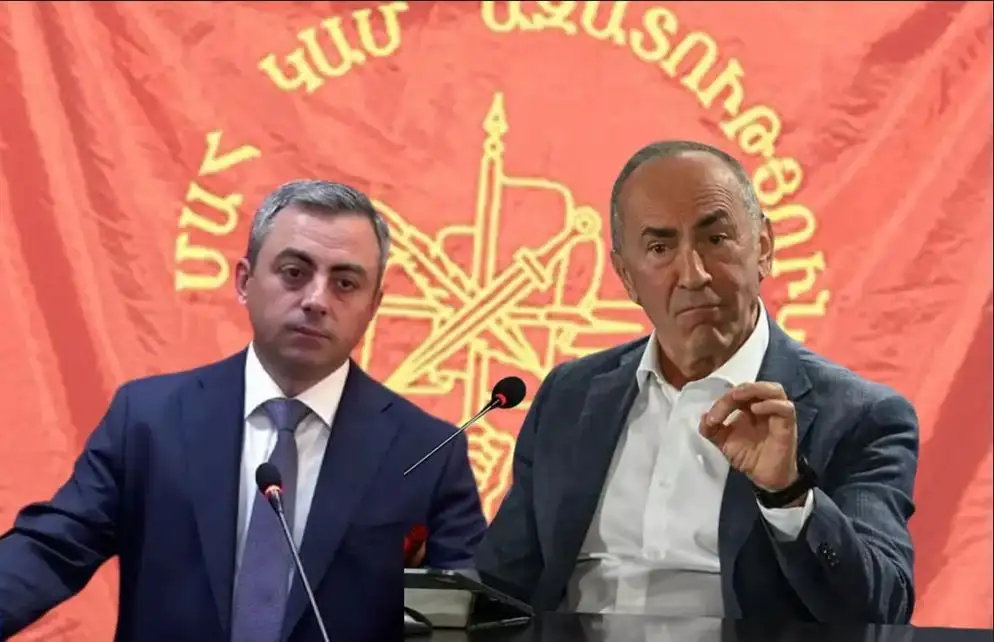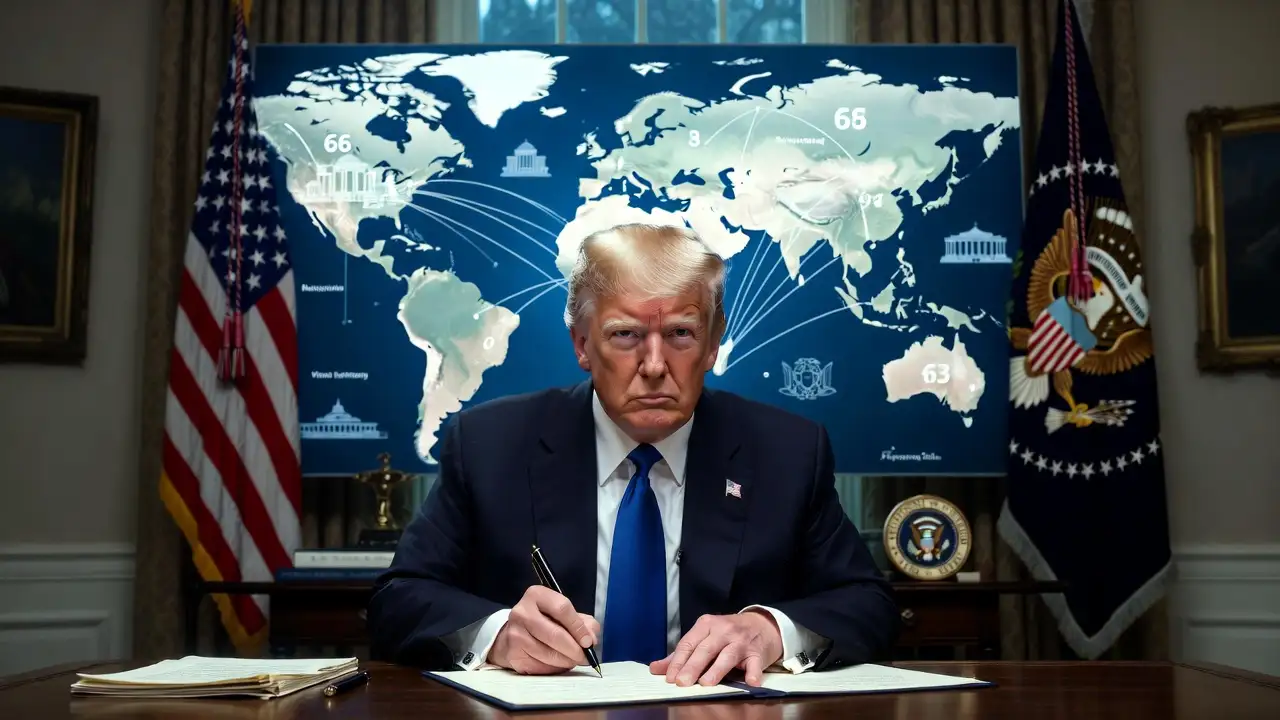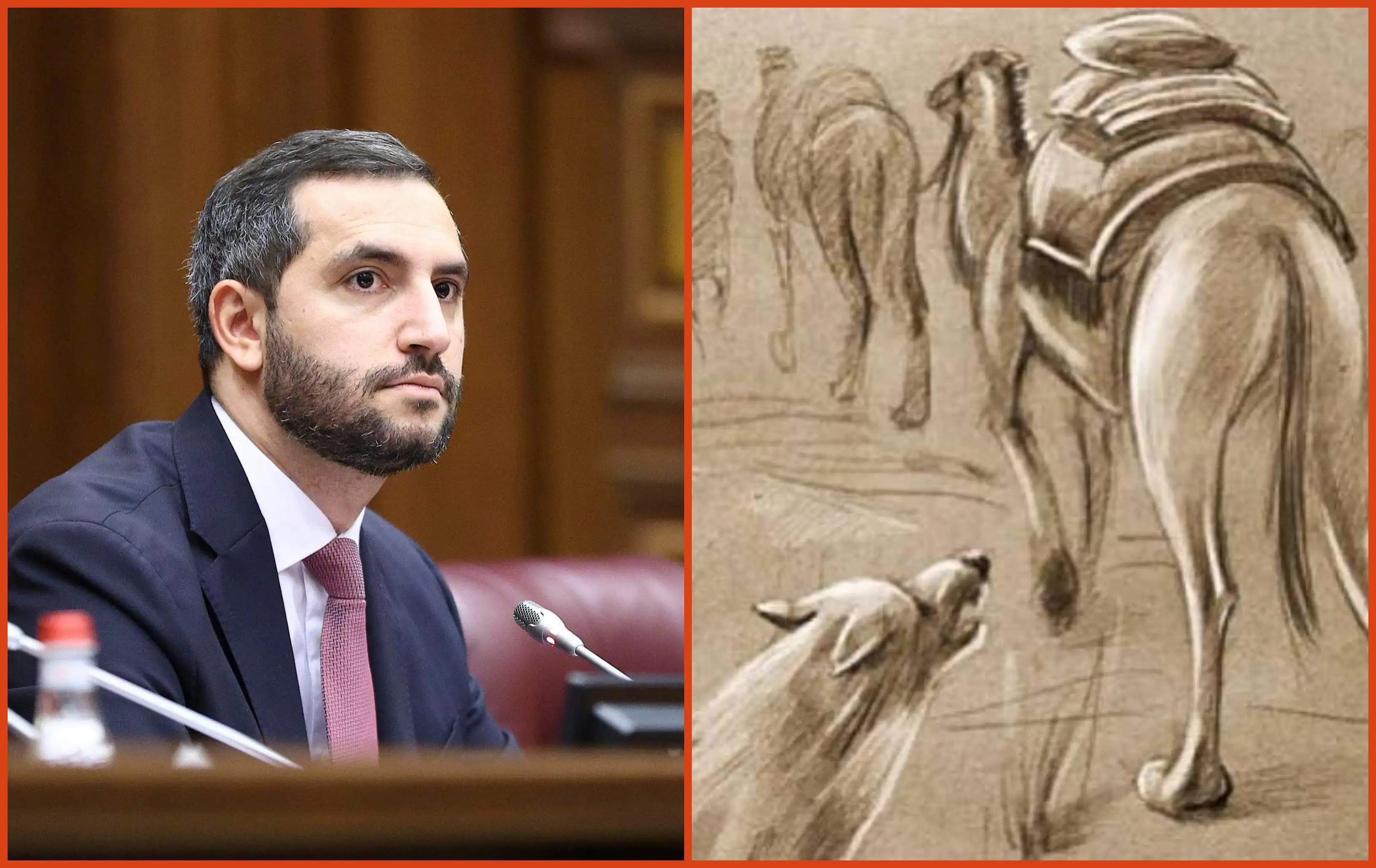The interlocutor of Radar Armenia is Shahan Gantaharyan, an international expert, analyst, and editor-in-chief of "The Azdak" newspaper.
US Secretary of State Anthony Blinken has appointed Ambassador Philip Ricker, who was also appointed OSCE Minsk Group Co-Chairman, as a new senior adviser for the Caucasus negotiations. What can this appointment change in the negotiation process of the Artsakh issue, given the statement that the US has reaffirmed its commitment to support Armenia and Azerbaijan in reaching a political agreement on long-term peace?
- A few observations on the occasion of this appointment. First, let's note that in June, the USA made a new appointment, appointing Lora Holchan as the OSCE Minsk Group co-chair. After only two months, Washington makes a new appointment. This implies a recent revitalization, an emphasis on the role, and a tendency to restart the co-chairmanship of the OSCE Minsk Group. This hypothesis is further substantiated if we consider Ricker's diplomatic biography, experience, the fact that he was engaged in Caucasian issues, and the key positions he held in the State Department. And of course, the third important fact is that Riker combines the functions of co-chairman, senior negotiator for the Caucasus negotiations, and representing the US in the Geneva consultations. He took charge of the entire Caucasus.
Therefore, this approach of involving the USA in the negotiation process of the Artsakh conflict should be considered in the context of the policy of establishing an American zone of influence in the region. Baku's reaction was expected, and Washington's reaction was a landmark from the point of view of American policy.
The Deputy Spokesperson of the Office of Global Public Affairs said that this appointment underscores the commitment of the United States to establishing peace in the South Caucasus through direct dialogue with Azerbaijan and Armenia at the bilateral. Multilateral levels, as well as cooperation with like-minded partners, to achieve a comprehensive peace settlement between the two countries. This is a task of restarting the co-chair format of the OSCE Minsk Group and emphasizes that the conflict's settlement has not occurred. Thus, not only the interests of the USA and Moscow are opposed, but also the interests of the USA and the Turkish-Azerbaijani alliance. Let's not forget that Lavrov announced that the mediation format of the OSCE has been exhausted, and Baku that "the Karabakh conflict has been settled, that linking the settlement of Armenian-Azerbaijani relations with the Nagorno-Karabakh issue will not contribute to the settlement of those relations in any way."
Washington shuffles the cards and announces its activities in the region.
What can be expected from the Nikol Pashinyan-Ilham Aliyev meeting on August 31? According to you, why was the meeting not held in Moscow, as was previously reported?
- Brussels consistently continues its efforts to carry out a mediation mission and constantly tries to counterbalance Moscow. The tasks of lifting the blockade, demarcation, and peace agreement are the same. It's just a mediation competition.
I don't think there will be any breakthrough results. Moscow is still the super mediator in terms of the new status quo. It is not excluded that Brussels will work on the point of return of prisoners of war on the humanitarian level, but I think this is also due to the step-by-step formula.
I think that the weight and capacity of Washington's and Brussels' revitalization in the region are, to a certain extent, related to the results of the war in Ukraine. And the processes can be observed in the geopolitical environment of isolation of the Russian Federation.
Hayk Magoyan




